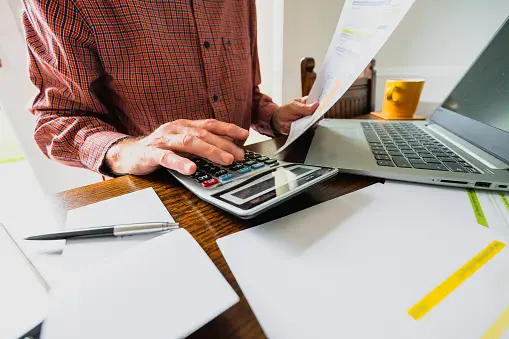
In the pursuit of financial assistance, some individuals resort to using fake bank statements for loan. This article sheds light on the risks and repercussions associated with such actions, emphasizing the importance of ethical financial practices.
Understanding Fake Bank Statements
What Are Fake Bank Statements?
Fake bank statements are fabricated financial documents that falsely represent an individual’s or a business’s financial status. They are often used to deceive lenders into believing that the applicant possesses a more stable financial situation than they actually do.
Why Do People Use Them for Loans?
People may use fake bank statements to qualify for loans they wouldn’t otherwise be eligible for due to poor credit history or insufficient income. The intention is to present a misleading image of financial stability in hopes of securing a loan.
The Dangers of Using Fake Bank Statements
Legal Consequences
Using fake bank statements is fraudulent and illegal. If discovered, it can lead to severe legal penalties, including fines and imprisonment, tarnishing one’s reputation and future financial prospects.
Damage to Credit Score
If caught, the fraudulent act of using fake bank statements can seriously damage an individual’s credit score, making it even more challenging to secure loans or credit in the future.
Methods of Detecting Fake Statements
Verification Checks by Lenders
Lenders often cross-reference bank statements with financial institutions to verify their authenticity. Any discrepancies can lead to the rejection of loan applications.
Discrepancies in Data
Inaccurate or inconsistent data in the bank statement, such as improbable transaction amounts or mismatched dates, can raise red flags for lenders.
Alternatives to Using Fake Bank Statements
Providing Genuine Documentation
Instead of resorting to deception, applicants should consider providing accurate financial records and seeking loans within their actual financial means.
Exploring Loan Options
Researching and understanding available loan options, including those suitable for individuals with less-than-perfect credit, can lead to more viable and ethical solutions.
Ethical Considerations
Honesty and Integrity
Maintaining honesty and integrity in financial dealings is essential for building trust and credibility with lenders and maintaining a positive financial reputation.
Long-Term Consequences
The short-term gain of obtaining a loan through fake bank statements can result in long-term consequences, damaging financial credibility and limiting future borrowing opportunities.
Read it: Unveiling the Convenience and Controversies of Free Fake Bank Statement Generator
Protecting Yourself from Fraudulent Offers
Researching Lenders: fake bank statements for loan
Thoroughly researching and choosing reputable lenders can reduce the likelihood of falling victim to fraudulent loan offers that may require fake documentation.
Seeking Financial Advice: fake bank statements for loan
Consulting financial advisors or credit counselors can provide valuable insights into legitimate avenues for securing loans and improving financial health.
Read it: Unveiling the Truth About Fake Chase Bank Statement
Conclusion
While the allure of using fake bank statements for loans may be tempting, the potential consequences far outweigh any perceived benefits. Upholding honesty, legality, and ethical conduct in financial transactions not only protects individuals from legal troubles but also cultivates a trustworthy financial profile.
FAQs (Frequently Asked Questions)
- Can I get away with using a fake bank statement for a loan?
- Attempting to deceive lenders with fake bank statements is illegal and can lead to serious repercussions.
- What happens if I’m caught using fake bank statements for a loan?
- If caught, you may face legal penalties, damage to your credit score, and difficulty obtaining loans in the future.
- Are there alternative options for securing loans with bad credit?
- Yes, there are lenders and loan options specifically designed for individuals with less-than-perfect credit histories.
- Is it worth the risk to use fake bank statements for a loan?
- No, the risks of legal consequences and damaged credit far outweigh any potential benefits.
- How can I improve my financial situation without resorting to deception?
- Seek financial advice, explore legitimate loan options, and work on improving your credit score over time.